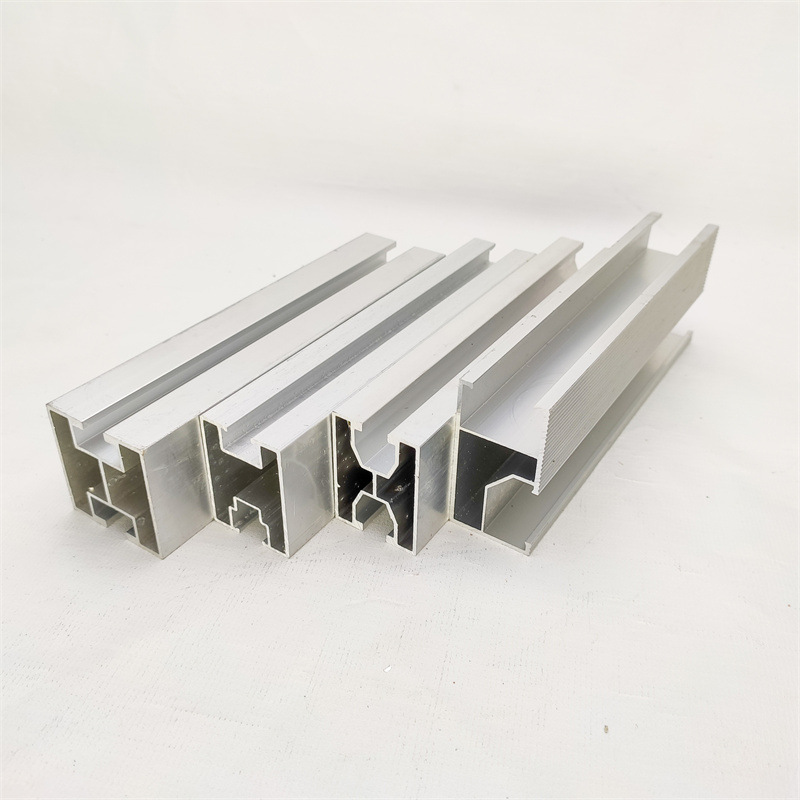

titanium self tapping screws
Sep . 03, 2024 01:46 Back to list
titanium self tapping screws
The Versatility and Benefits of Titanium Self-Tapping Screws
In the realm of construction and manufacturing, fastening methods play a critical role in ensuring the integrity and durability of structures and products. Among the various options available, titanium self-tapping screws have emerged as a superior choice for many applications. This article explores the virtues of titanium self-tapping screws, including their unique properties, advantages, and the diverse applications where they excel.
What are Titanium Self-Tapping Screws?
Self-tapping screws are designed to create their own hole as they are driven into materials. This feature not only simplifies the installation process but also eliminates the need for pre-drilling, saving time and effort. Titanium, known for its strength, lightweight nature, and excellent corrosion resistance, makes these screws particularly effective in various environments. The combination of titanium’s properties and the self-tapping feature results in a fastening solution that stands out in both performance and reliability.
Advantages of Titanium Self-Tapping Screws
1. Corrosion Resistance One of the most significant benefits of titanium is its exceptional resistance to corrosion, especially in harsh environments. This makes titanium self-tapping screws ideal for applications where exposure to moisture, salt, or chemicals is a concern, such as in marine, aerospace, and medical industries.
2. Strength and Durability Titanium boasts a high strength-to-weight ratio, providing excellent structural integrity without adding unnecessary weight. This characteristic is crucial in industries where weight reduction is a priority, such as aerospace and automotive manufacturing.
titanium self tapping screws

3. Biocompatibility In medical applications, titanium's biocompatibility ensures that self-tapping screws can be used in surgical implants and devices without adverse reactions from the body. This property is vital for developing safe and effective medical solutions.
4. Thermal Stability Titanium maintains its performance at high temperatures, making it suitable for use in environments that experience extreme heat. This thermal stability is advantageous in sectors such as aerospace engineering, where components are subjected to significant temperature fluctuations.
5. Ease of Use The self-tapping feature allows for straightforward installation, reducing labor time and costs. Users can efficiently complete fastening tasks without the need for additional tools or procedures, such as pre-drilling.
Applications
Titanium self-tapping screws are employed in various sectors due to their unique advantages. In the aerospace industry, they are used in fuselage assembly and engine mounts, where tensile strength and weight savings are critical. In the marine sector, these screws are utilized in the construction of ships and boats, where water resistance is essential to prevent rust and degradation. Furthermore, in the medical field, titanium self-tapping screws play a vital role in dental implants, orthopedic surgery, and other surgical applications, providing secure fastening that supports healing.
Conclusion
Titanium self-tapping screws exemplify the fusion of advanced materials and innovative fastening techniques. Their unique properties, including corrosion resistance, strength, and ease of use, make them an invaluable asset across multiple industries. As technology continues to evolve, the demand for reliable, durable, and efficient fastening solutions will only increase, and titanium self-tapping screws are poised to meet this challenge with remarkable success. Whether in construction, manufacturing, or healthcare, the implementation of these screws represents a significant step towards improved performance and reliability in fastenings.
Latest news
-
Premium Fasteners Manufacturer | AI-Driven Solutions
NewsAug.01,2025
-
Hot Dip Galvanized Bolts - Hebei Longze | High Strength, Corrosion Resistance
NewsAug.01,2025
-
High-Strength Hot Dip Galvanized Bolts - LongZe | Corrosion Resistance, Custom Sizes
NewsAug.01,2025
-
Best Self Tapping Screws for Drywall - Fast & Secure Installation
NewsJul.31,2025
-
High-Strength Hot Dip Galvanized Bolts-Hebei Longze|Corrosion Resistance&Customization
NewsJul.31,2025
-
Hot Dip Galvanized Bolts-Hebei Longze Metal Products|Corrosion Resistance&High Strength
NewsJul.31,2025

